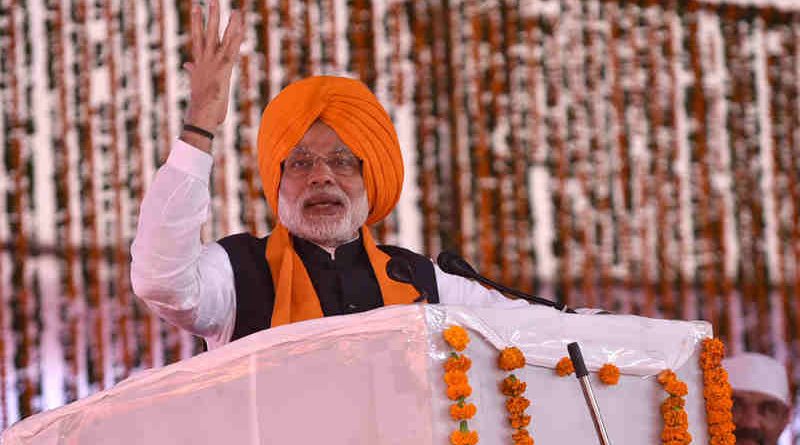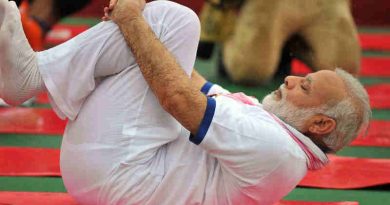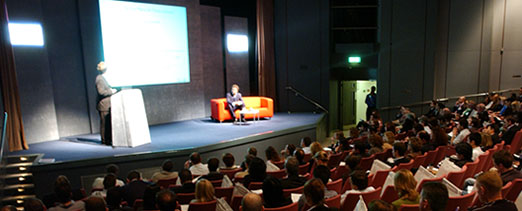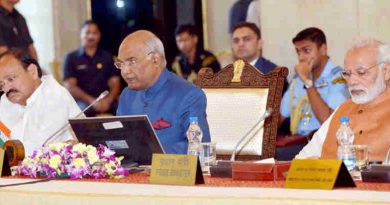Internet Freedom in India Declines Under Modi Govt: Global Report

According to the Freedom on the Net 2019 report, internet freedom declined in India—the result of an increase in arrests for online activity, and continued internet shutdowns during times of perceived unrest.
Plagued by the spread of disinformation and its violent effects offline, according to the report, the government headed by Prime Minister (PM) Narendra Modi proposed worrisome new rules that would undermine freedom online.
Data protection and surveillance issues remained of key concern to Indians during the coverage period; controversies also continued around Aadhaar, the world’s largest biometric identification system, and a problematic draft data protection bill remained in limbo.
Meanwhile, according to the report, ahead of and during the 2019 elections, incumbents and candidates alike manipulated content, used bots, and employed volunteers to push inorganic content and exacerbate existing social tensions for political gain. Within this environment, marginalized groups in particular experienced online harassment and trolling.
India maintains a robust electoral democracy with a competitive multiparty system at federal and state levels, though politics are beset by corruption, the report adds.
While the constitution guarantees freedom of expression, and the news media are vibrant, the report says that harassment and violence against journalists has increased under the administration of PM Modi and his right-leaning, Hindu nationalist Bharatiya Janata Party (BJP), as have religiously motivated attacks against non-Hindus.
RELATED STORIES
[ Situation for the People of Kashmir Is Not Good: Angela Merkel ]
[ Corruption Causes Hunger and Poverty in India ]
[ New UN Report Reveals Human Rights Violations by India in Kashmir ]
[ India Suffers with More Hunger than Pakistan and Bangladesh: Global Report ]
[ Download and Read: Delhi Disaster Report 2019 ]
On a scale of (0 = Least Free) to (100 = Most Free), India scored 55 in the report.
The report released Tuesday (November 5) suggests that governments around the world are increasingly using social media to manipulate elections and monitor their citizens, tilting the technology toward digital authoritarianism.
As a result of these trends, global internet freedom declined for the ninth consecutive year, according to Freedom on the Net 2019, the latest edition of the annual country-by-country assessment of internet freedom, released by Freedom House, an independent watchdog organization.
“Many governments are finding that on social media, propaganda works better than censorship,” said Mike Abramowitz, president of Freedom House. “Authoritarians and populists around the globe are exploiting both human nature and computer algorithms to conquer the ballot box, running roughshod over rules designed to ensure free and fair elections.”
Freedom on the Net 2019 assesses internet freedom in 65 countries that account for 87 percent of internet users worldwide. The report focuses on developments that occurred between June 2018 and May 2019, though some more recent events are included.
Freedom House is a U.S.-based non-governmental organization that conducts research and advocacy on democracy, political freedom, and human rights.




